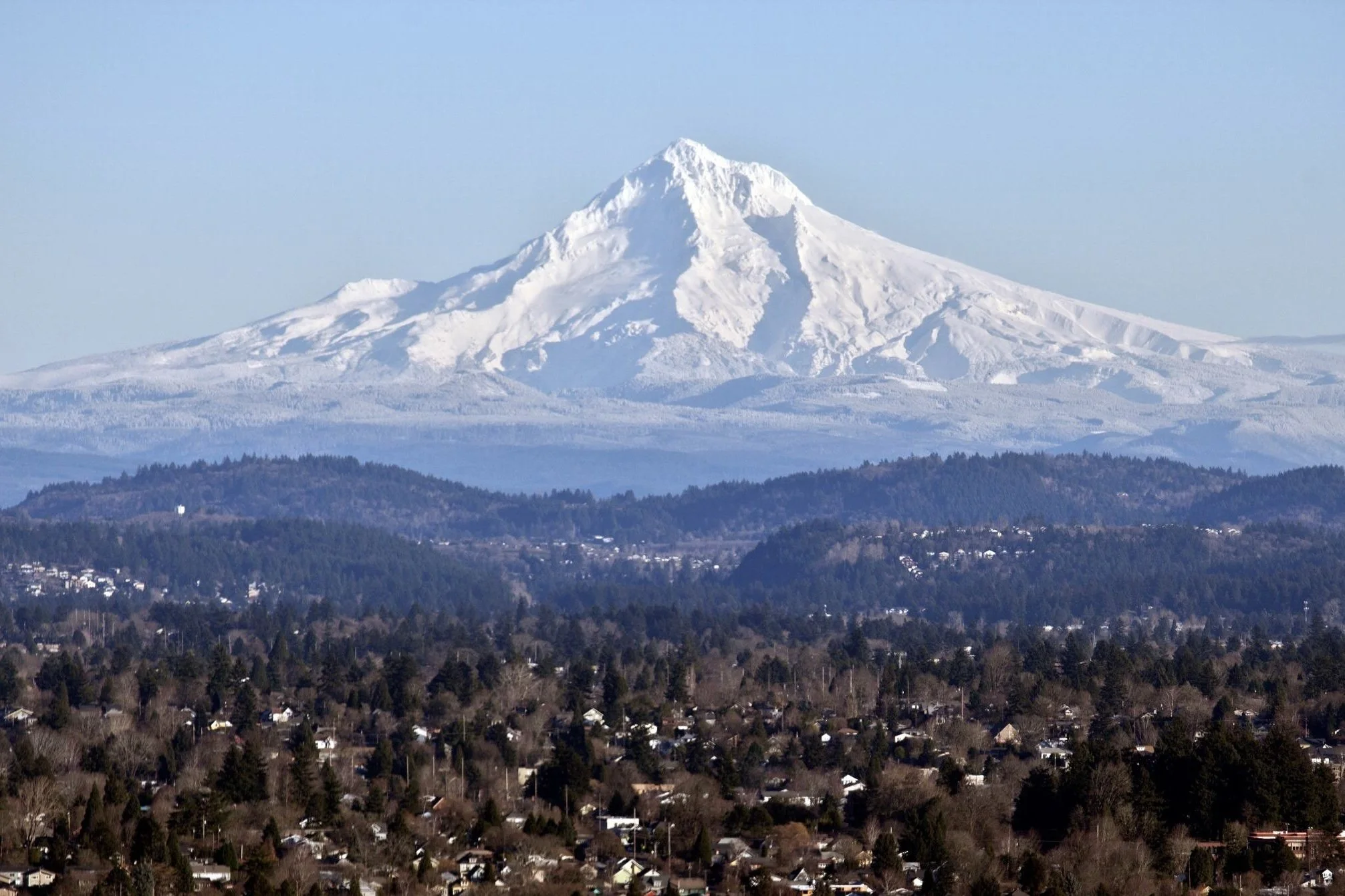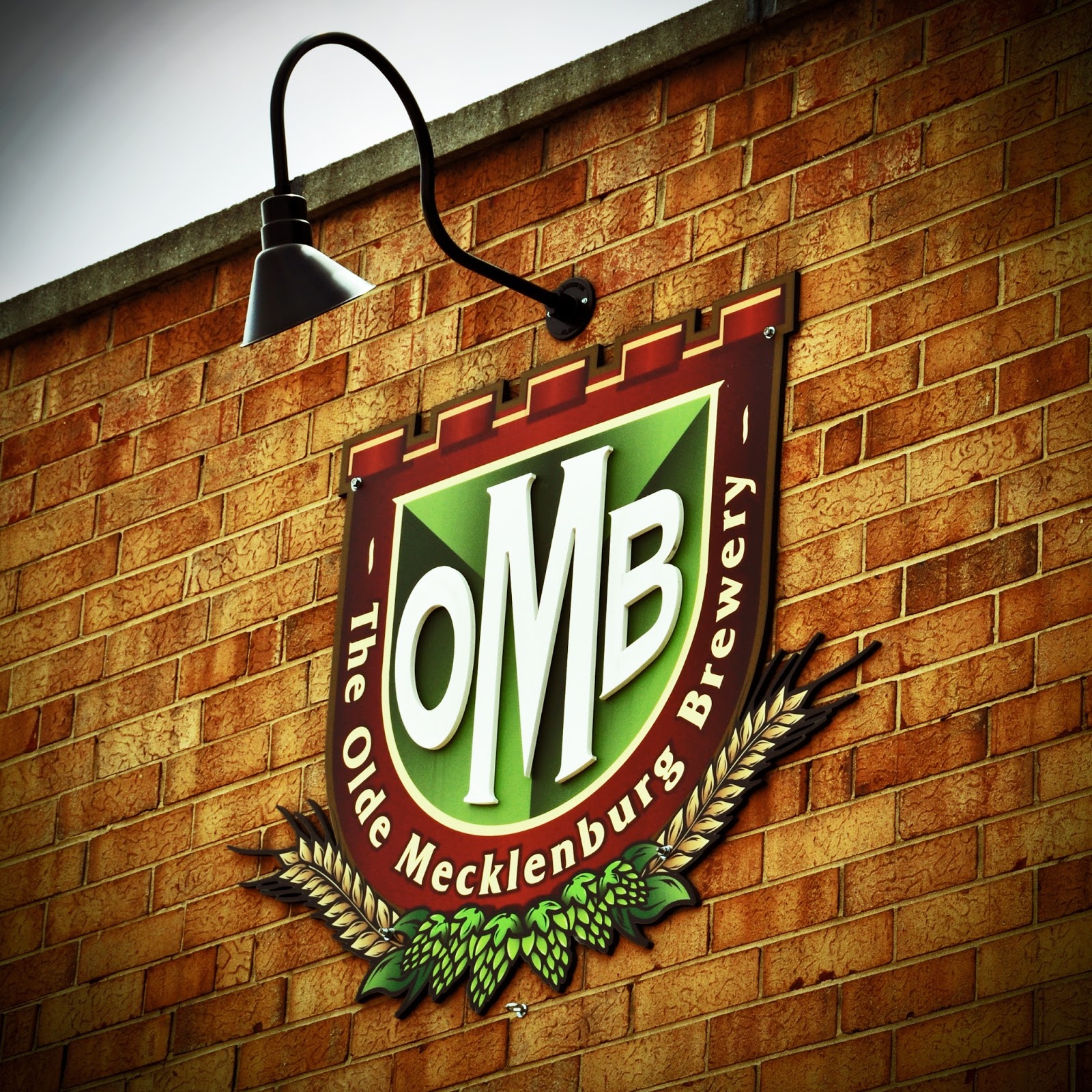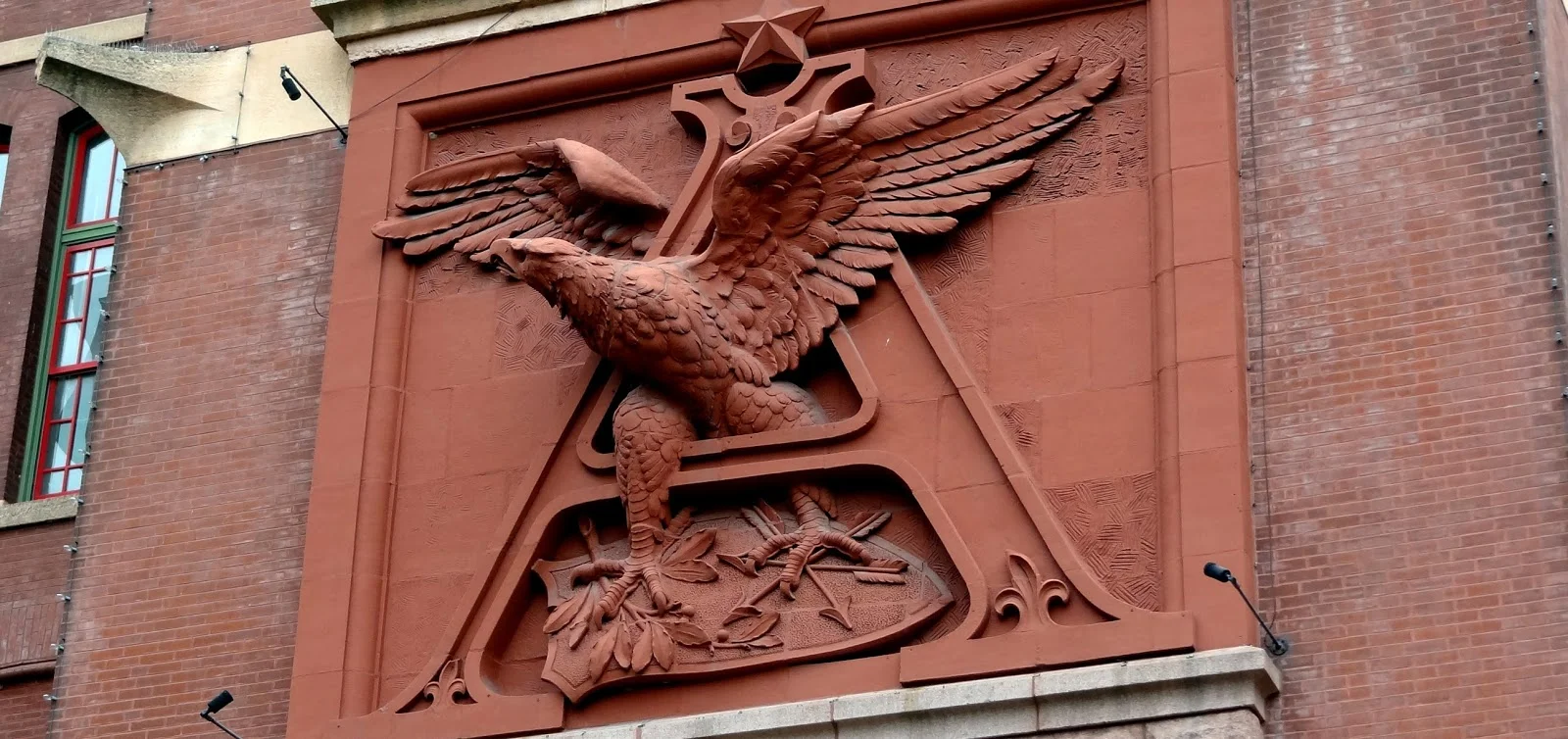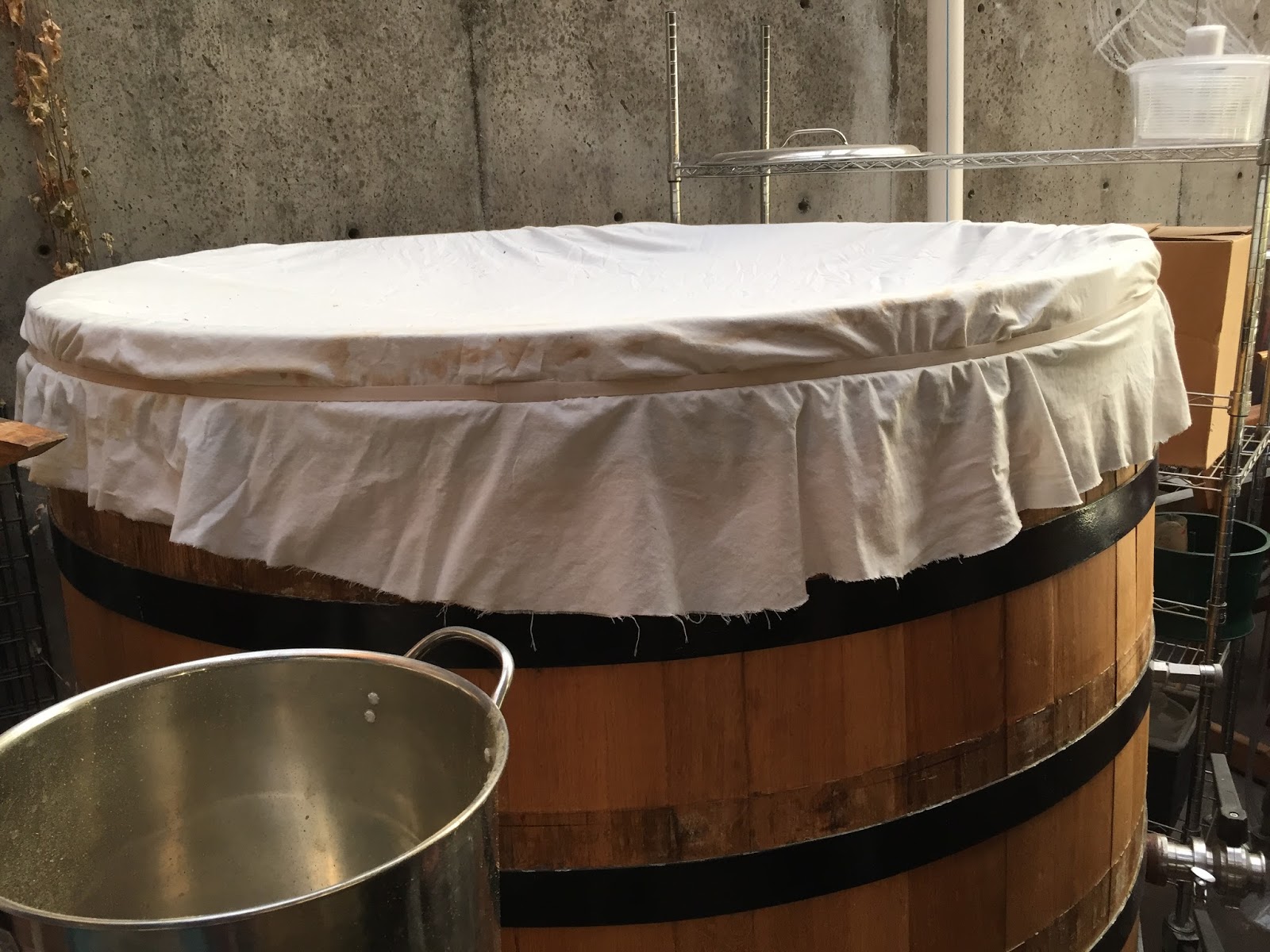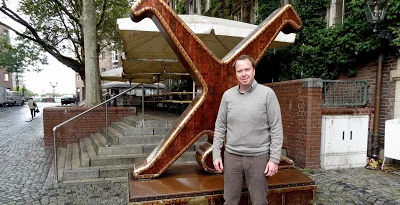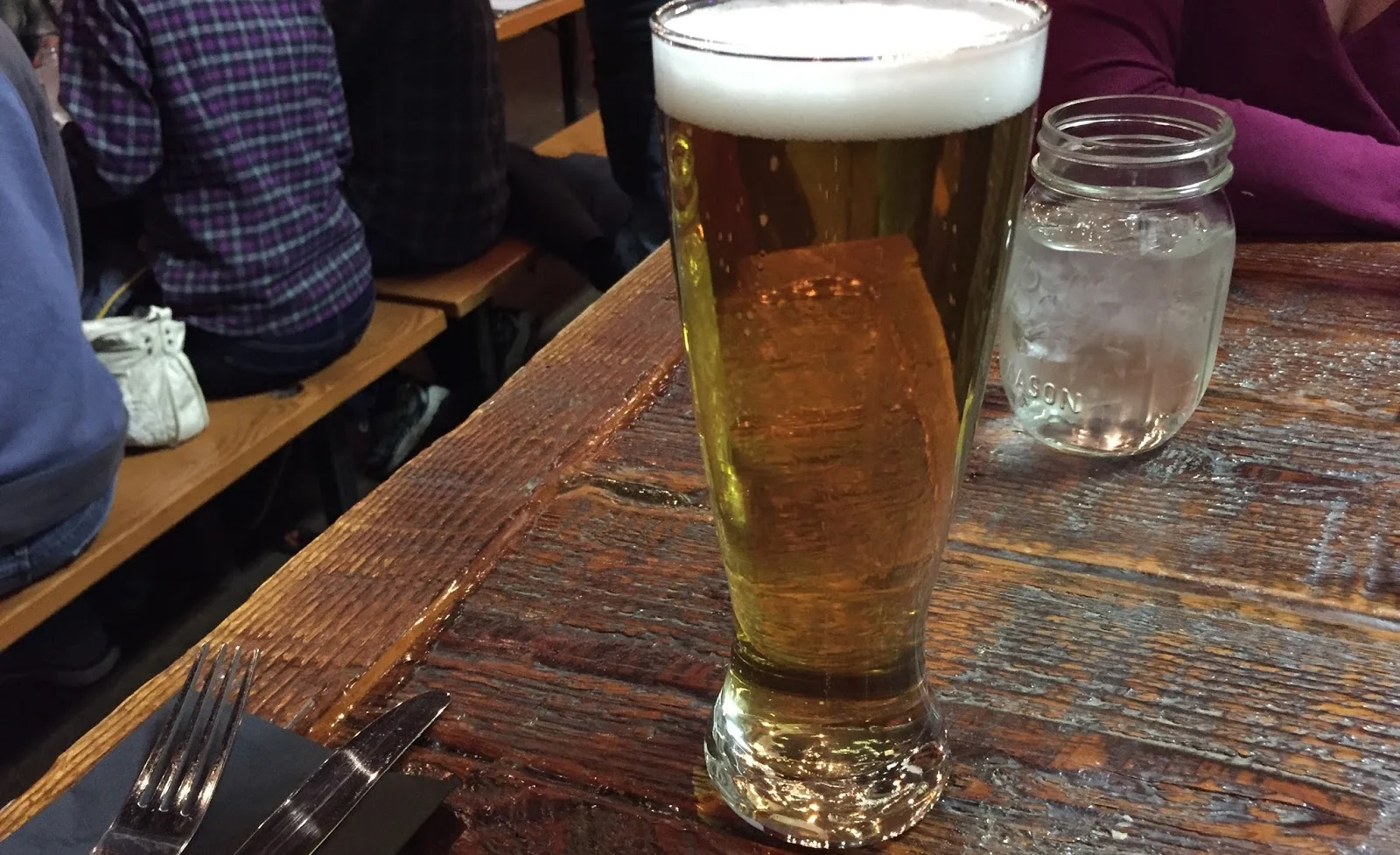ABI and MillerCoors account for 40% of all gains among the ten breweries growing the fastest. There is probably a lot of context one could provide to explain why these two brands grew so much (discounting, distribution, etc), but the fact is they did. Oregon has one of the most parochial markets in the country, and they still posted these remarkable increases. Two of the top five best-selling brands in the state are owned by companies in Chicago and Leuven, Belgium.
Read MoreBeer is inherently unstable. Brewers tease chemical compounds into an arrangement that will not last. They begin interacting with each other and that particularly nefarious enemy oxygen will begin to stale the flavors. This happens in all beers, but not at the same rate. Some beers are incredibly fragile, ready to collapse like a house of cards into a pile of decomposing, once-brilliant flavors.
Read MoreToday we have three beers sent from Daniel Warner, who lives in the far Carolinas. Daniel and I have developed an e-bromance over our shared love of German and Czech beers, and one of his go-to breweries is Charlotte's Olde Mecklenburg. They make not a single IPA or cucumber sour; in fact, the only beer not drawn from the German oeuvre is a Baltic porter.
Read MoreSince Trump's election, the once safely-sequestered world of politics has been aerosolized and released into the environment, where it touches everything. I guess it will have to be a running theme here on the blog, since every week seems to bring another example of the way in which breweries have entered the political fray.
Read MoreOver at Willamette Week, Matthew Korfhage has an article about Oregon's tightening beer market. The story is an Oregonized version of one we've seen applied to the national market a number of times over the past couple years. Thumbnail: in a tightening market, it's harder for the biggest players to maintain their barrelage even while small and mid-sized breweries continue to post big numbers. This is, in fact, what you'd expect in a mature market and it's not particularly surprising. Korfhage's case-in-point in the article is BridgePort, which is busy imploding before our eyes--but I think this illustrates a different lesson: in a tightening market, a brewery can no longer make a series of stupid decisions and expect to avoid tanking spectacularly.
No beer sounds better on paper than a fruit stout--and that's where I first encountered the idea. It appeared in the recipes section of Charlie Papazian's classic Complete Joy of Homebrewing (in print since 1976!), and seemed so obvious. What goes better with cherry than chocolate? Alas, no beer more often fails to live up to our expectations than a fruited stout. I have had maybe five in the last twenty years that were good, but none that fully lived up to the simple obviousness of the concept--until now.
The Oregon Coast is slowly filling out its compliment of breweries. In the near future, it should be possible to drive Highway 101 from Astoria all the way to Brookings and get a beer from a brewery in every town along the way. I have driven a chunk of that coast this winter (by far the best time to visit the Oregon Coast) and visited three new or newish breweries. Here are my findings.
Read MoreTwo unrelated quotes today from Michael Schnitzler, the Weihenstephan-trained owner of Hausbrauerei Uerige. To go with them, I'll show you two photos, one of Michael, and one of the brewery. It contains, as you will see, one of the more unusual anachronisms still in use in Germany.
What humans prize is inversely proportional to what is common. Is this a need to desire what others don't have? Do we have a gene that tells us the rare is useful to survival? Whatever the reason, it's an iron law, and one we follow, in the manner of self-parody, back and forth across the decades.
Over the past month, I have been interviewing people for my current project about the Widmer brothers. Their story arc spans thirty-odd years, but a good chunk of that has happened at the current facility (in different forms) on North Russell Street. As a consequence, a lot of the attention has been paid to the years just before and after the brewery was founded, in an era now preserved chiefly by memory.
Leave aside the lame myth-making and execrable history. As a story, it's trite and embarrassing. But the text is not the point here--the subtext is. As this immigrant struggles to make his American dream come true, he confronts hostile nativists who tell him "You're not wanted here," and "Go back home." He rides the river with a black man (this is roughly the time of the Civil War). His journey ends as he founds a brewery that will one day sell the world's best-selling beer, the classic American success story--immigrants bringing their skills and talents to our country to make it a richer, more varied, and vibrant place.
Completely coincidental timing...
